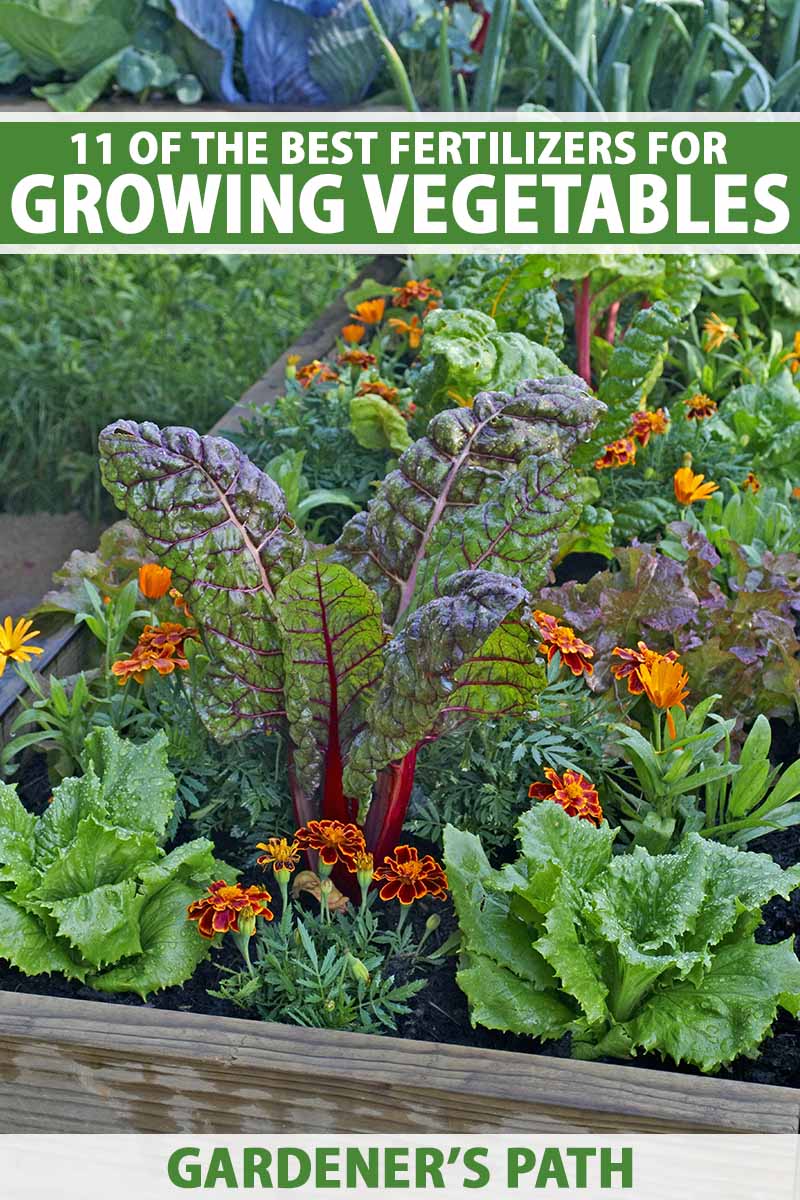Introduction
Growing a thriving vegetable garden starts with healthy soil and proper nutrition. Choosing the best natural fertilizer for your vegetable garden can significantly improve soil fertility, promote plant growth, and increase yields without relying on synthetic chemicals. Natural fertilizers enrich the soil organically, supporting beneficial microbes and long-term garden health.
This article explores the most effective natural fertilizers for vegetable gardens, explains their benefits, and offers practical tips on application. Whether you are a seasoned gardener or just starting, understanding how to nourish your soil naturally ensures sustainable and productive gardening.
Why Choose Natural Fertilizers for Your Vegetable Garden?
Using natural fertilizers offers several advantages over synthetic options:
- Improves soil structure: Organic matter enhances soil aeration and moisture retention.
- Supports beneficial organisms: Natural inputs feed earthworms and microbes vital for nutrient cycling.
- Reduces chemical runoff: Eco-friendly fertilizers lessen the risk of water pollution.
- Provides balanced nutrition: They release nutrients slowly, avoiding plant burn.
Experts recommend natural fertilizers for edible plants, as they minimize harmful residues and foster healthier crops.
Top Natural Fertilizers for Vegetable Gardens
1. Compost
Compost is decomposed organic matter from kitchen scraps, garden waste, and manure. It is one of the best natural fertilizers because it:
- Supplies essential macro and micronutrients.
- Improves soil texture and drainage.
- Encourages microbial activity.
Tip: Apply a 2-3 inch layer of compost around plants or mix it into garden beds before planting.
2. Manure
Well-aged animal manure (cow, horse, chicken) is nutrient-rich and boosts soil fertility. Key points:
- Contains nitrogen, phosphorus, and potassium.
- Must be composted or aged to prevent burning plants.
- Adds organic matter that improves water retention.
Expert advice: Use manure sparingly and incorporate it weeks before planting for best results.
3. Fish Emulsion
Fish emulsion is a liquid fertilizer made from processed fish parts. It is:
- High in nitrogen, promoting leafy growth.
- Quickly absorbed by plants.
- Safe and natural for organic gardening.
Usage tip: Dilute according to package instructions and apply as a foliar spray or soil drench every 2-3 weeks.
4. Bone Meal
Bone meal is a slow-release source of phosphorus, critical for root development and flowering. Important considerations:
- Derived from ground animal bones.
- Enhances flowering and fruiting in vegetables.
- Best applied at planting time by mixing into soil.
5. Seaweed Fertilizer
Seaweed extracts contain trace minerals, growth hormones, and vitamins that stimulate plant health. Benefits include:
- Enhanced disease resistance.
- Improved seed germination and growth.
- Can be used as a foliar spray or soil additive.
How to Apply Natural Fertilizers Effectively
- Test your soil: Understanding nutrient levels helps tailor fertilizer choices.
- Follow recommended rates: Over-fertilizing can harm plants even with natural products.
- Incorporate into soil: Mix organic fertilizers into the top 6 inches of soil for best nutrient uptake.
- Use mulches: Organic mulches conserve moisture and slowly release nutrients.
- Rotate crops: Crop rotation helps maintain soil fertility and reduce pests.
Real-World Insights and Expert Tips
According to Dr. Lisa Brown, a soil scientist with 15 years of experience, “Compost combined with organic amendments like bone meal creates a balanced nutrient environment that supports vigorous vegetable growth and improves soil health over time.”
Case studies from community gardens show that switching to natural fertilizers can increase vegetable yields by up to 30%, while reducing the need for chemical interventions.
Conclusion
Choosing the best natural fertilizer for your vegetable garden is a vital step toward growing healthy, productive crops. Compost, manure, fish emulsion, bone meal, and seaweed fertilizers each offer unique benefits that nourish soil organically and sustainably.
By applying these natural fertilizers thoughtfully and maintaining good gardening practices, you can improve soil health, boost plant growth, and enjoy bountiful harvests. Start enriching your vegetable garden naturally today and experience the rewarding benefits of organic gardening!
